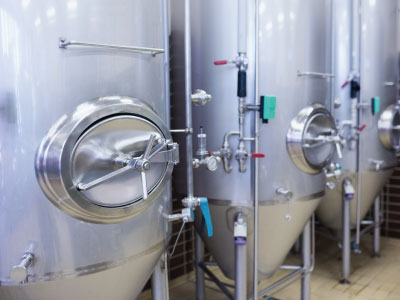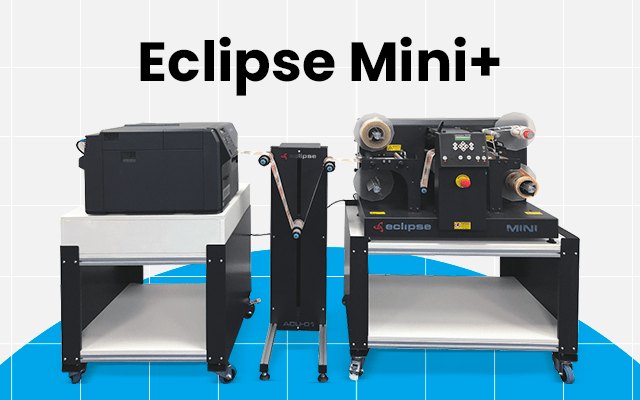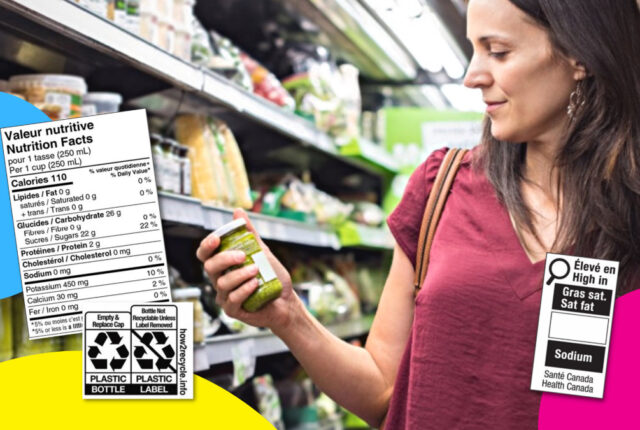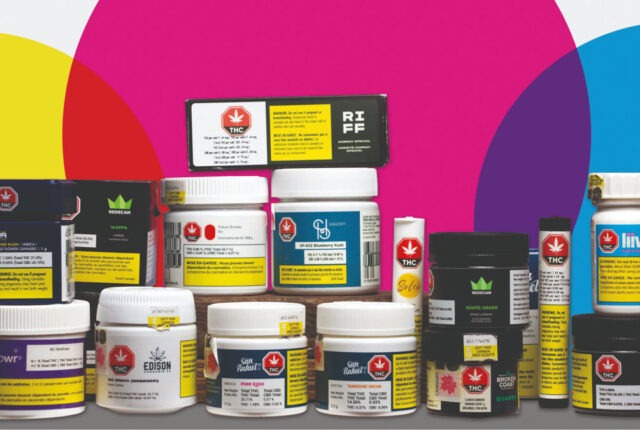Successful industry
The Québec craft brewery industry is a successful one: the number of craft breweries has gone from 31 in 2002 to 140 in 2015. The AMBQ (Québec Microbreweries Association) predicts another 8% to 12% growth within the next 4 years. Cheers.
Keep it small or go big?
Most of the industry players are producing relatively small quantities according to the AMBQ: shipping 5,000 hectolitres or less, they are on the low end of a scale that can go to 300,000 hectolitres. In such a positive but also competitive context, the successful companies of this category face the dilemma of whether to trade reliable, small-scale success into big production, more profit and the challenges that go with it.
On one hand, producing those (relatively) small amounts requires only a few points of sale (say 20 to 25, for example) and allows quick sales. On the other hand, moving to the higher volumes involves lowering prices to be competitive, more marketing support for retailers and a distribution strategy for the increased number of outlets selling the product.
Start with production
At first though, careful consideration of production is needed. Higher volume should normally mean more profit margin, but how much profit will be left will mostly depend on how the new production volume requirements are managed.
If you are operating a craft brewery and considering an upgrade to significantly higher volumes here are a few guidelines to consider (these could be useful to you even if you are not a craft brewer!).
Evaluate your facilities
Will different equipment be needed to brew these larger quantities? If so, can this be done on site or must production be moved elsewhere? How far away? How long will it take to set this production up? Will it affect your current production?
Also keep in mind that a change in production volume and equipment will require that you revalidate your recipe, which may involve a change in production methods and quality control procedures as well as the balance of ingredients.
Evaluate costs
Are you able to take on the capital expense of acquiring the equipment and the cost of space needed to hit you target volume? How about the extra labour and packaging costs?
Consider a co-packer
In this situation it will certainly be worth your while to consider a co-packer. Co-packers are able to take charge of the production and even shipping and distribution for you. An appropriate co-packer will be knowledgeable enough about your industry to do a quality job within costs. However, they will be focused on their job and will not likely be interested in teaching you how to oversee your production. You may want to consult with a production evaluation expert about that.
Sit down with a production evaluation expert
A cost-effective way of deciding whether you should go ahead with expansion is to consult a production evaluation expert. By getting familiar with your goals, your budget and your facilities, an experienced production evaluation expert can map out the requirements and help you understand the process of setting up for the new volumes.
Contact us if you’d like to take the guesswork out of getting to a production level that will move you to even bigger and better things.







